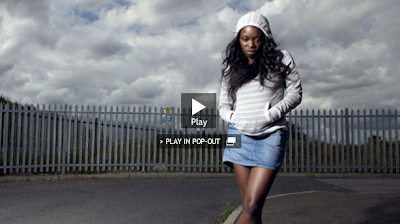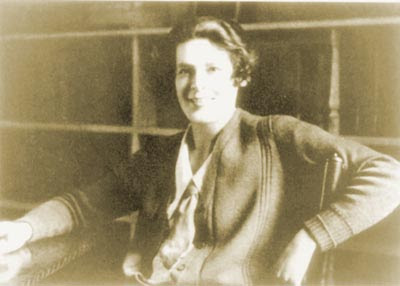Job opportunity: The Elders
Policy and Advocacy Director
The Elders
The Elders are an independent group of eminent global leaders brought together by Nelson Mandela, who offer their collective influence and experience to support peace-building, help address major causes of human suffering and promote the shared interests of humanity. The Elders are Martti Ahtisaari, Kofi Annan, Ela Bhatt, Lakhdar Brahimi, Gro Brundtland, Fernando Henrique Cardoso, Jimmy Carter, Graça Machel, Mary Robinson and Desmond Tutu (Chair). Nelson Mandela and Aung San Suu Kyi are honorary Elders.
The work of the Elders is supported by a small team based in London which comprises a CEO and staff for policy, communications and operations. The team works in service of the Elders’ mission and assists the Elders with the development and implementation of their initiatives.
With growth in The Elders’ portfolio of activities, a new, senior position of Policy and Advocacy Director is being created to expand and strengthen the organisation’s capacity for policy, outreach and advocacy, strategic development and coordination of efforts. The Policy and Advocacy Director will report to the CEO, lead the three-member policy team and work in collaboration with all members of The Elders’ team. The Policy and Advocacy Director will guide and coordinate the implementation of the Elders’ overall policy agenda and advocacy activities; work with the CEO on creating new policy and advocacy strategies; and be the lead policy officer on research, strategy development, coordination and implementation of several Elders’ peace-building and thematic initiatives.
Key Responsibilities
- Supervise and provide day-to-day guidance to The Elders’ three-member policy team. Work with the Director of Communications to ensure coordination and integration of policy, advocacy, communications and media activity.
- Carry out the full range of policy work on several of the Elders’ peace-building and thematic initiatives – from research through implementation. This includes monitoring of developments in these areas; producing briefings for the CEO and the Elders; consulting and coordinating with key partners and external contacts; supporting the Elders in developing their advocacy strategies; facilitating planning and research visits by the staff team as well as Elders visits; and overseeing teamwork in the implementation of initiatives.
- Contribute to the organisation’s overall effort to build relationships with governments, civil society, opinion-leaders, parliamentarians, academic institutions and think tanks that will promote and further The Elders’ work.
- Work with the CEO on the exploration and development of new Elders’ initiatives, prioritisation of activities, preparation of meetings and events of The Elders and their supporters.
- Contribute to further team development by encouraging reflection on its effectiveness and efficiency.
The Policy and Advocacy Director may be deputised by the CEO to oversee specific Elders’ initiatives and/or during periods of travel/absence of the CEO to ensure smooth running of the office and adequate support to the Elders.
Requirements
We are looking for a seasoned, hands-on professional who is used to working with a high level of energy and enthusiasm and has affinity with the mission of The Elders. Candidates should have the following experience and skills:
- Demonstrated policy and advocacy experience on global issues and conflict/crisis situations in the (inter)governmental or non-profit sector;
- Demonstrated ability to develop and manage international policy initiatives and advocacy strategies;
- Experience in collaborating with a range of organisations and high-profile individuals to influence policy;
- Analytical and research strength including the ability to understand, interpret and present complex and sensitive information from a variety of sources;
- Keen political antennae, agility across cultural environments and world views, and diplomatic finesse;
- Experience of serving a multi-member governance structure in support of its agenda;
- A flexible, collegiate leadership style; willingness to work in a “flat”, collaborative team; experience with matrix-style project management a plus;
- Ability to motivate and encourage staff, take wise team decisions and deal with competing demands, multiple priorities, time constraints and unanticipated external events;
- Excellent written and spoken English including writing and editing documents for high-level audiences;
- A keen eye for accuracy and detail;
- Fluency in other languages desirable.
A competitive salary and benefits package will be offered to the successful candidate including private pension, life and medical insurance.
How to apply
Please send your application by email to [email protected], clearly stating “Policy and Advocacy Director” in the subject line. Your application should include a succinct cover letter and CV, explaining your qualifications and interest in the position. Due to the large number of applications expected, we regret that only short-listed candidates will be contacted.
Applications close on 31 August 2010.

.png)









